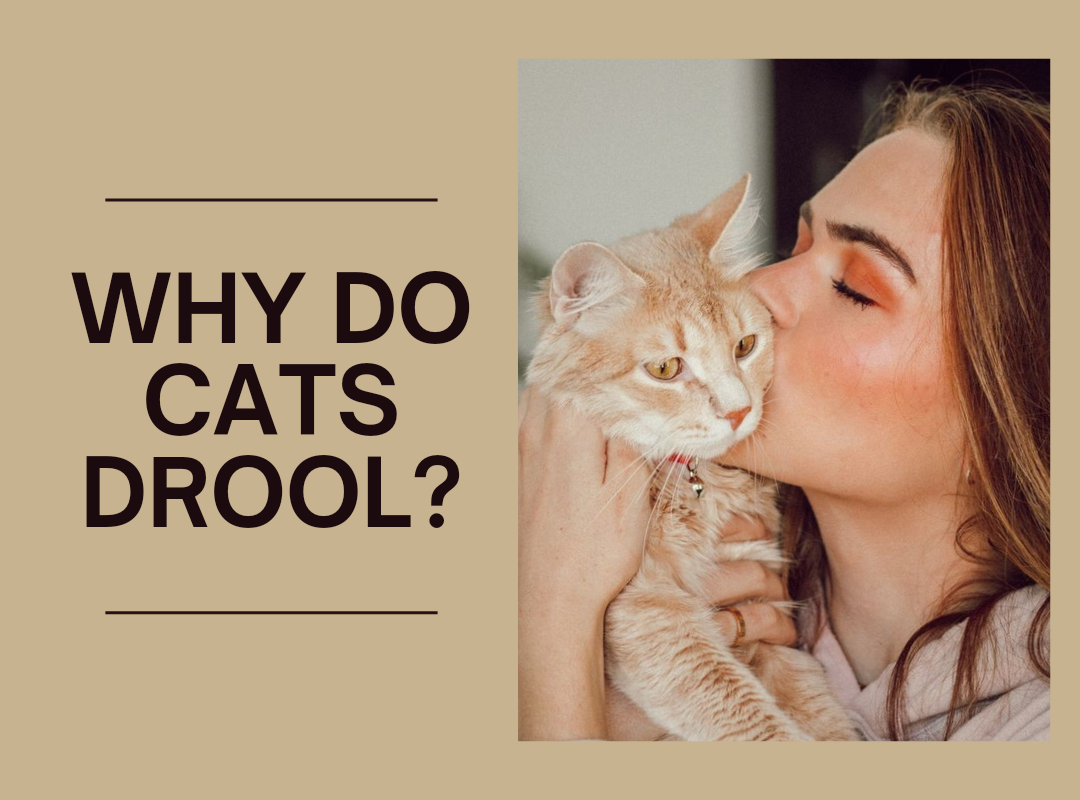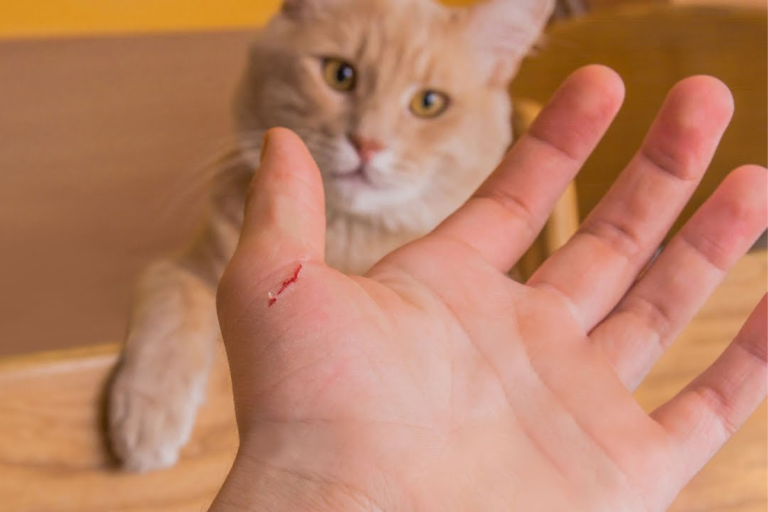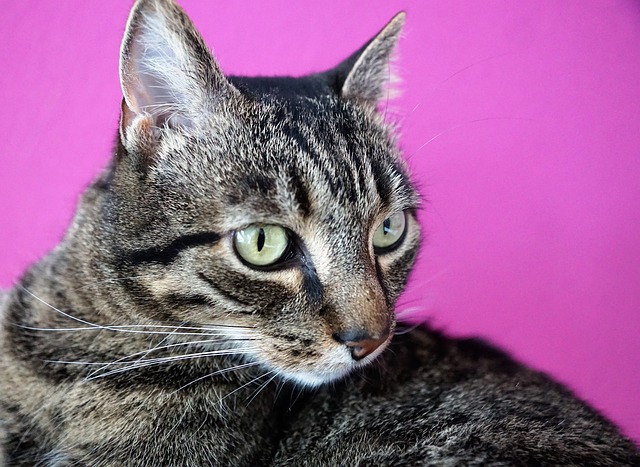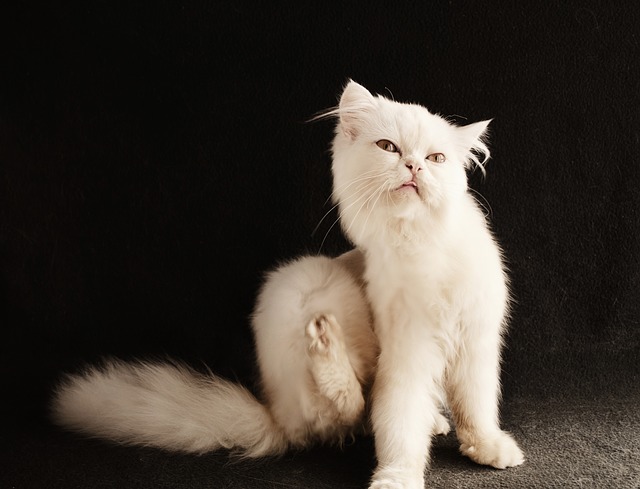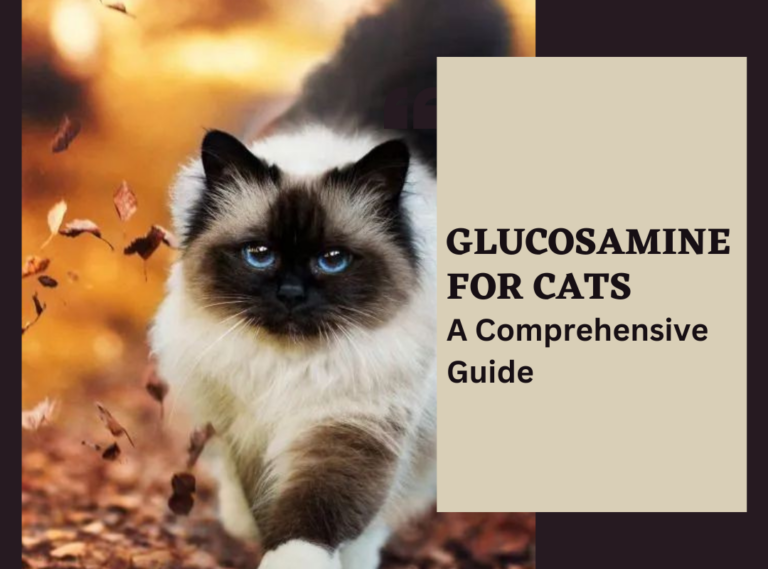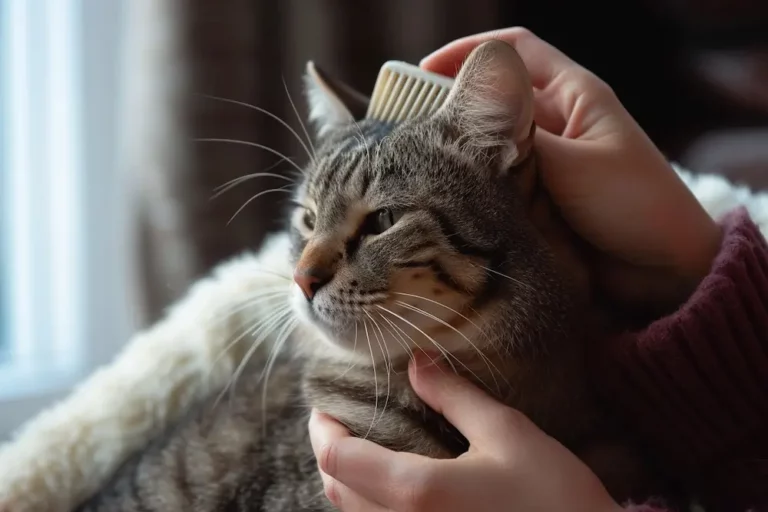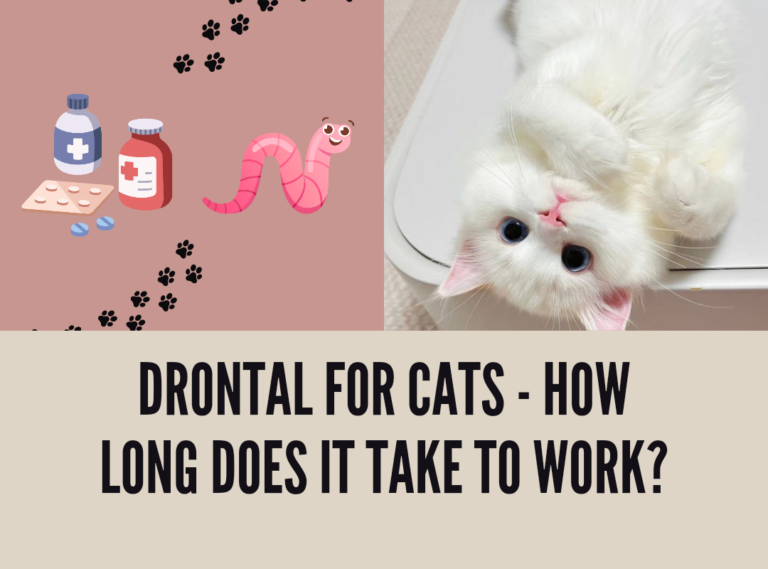Why Do Cats Drool?
Should I be worried if I see my cat drooling a lot?
The answer to the question is – yes and no.
Fear not, salivation is normal in animals (including cats); however, excessive drooling can be an early sign of your pet’s failing health. Sometimes, you will not notice your drooling
For a
One way to diagnose a
Hypersalivation is the term used to describe excessive saliva production which is mainly caused by different stimuli coming from the environment.
But why do cats drool? Continue reading and you’ll find out.
Reasons why cats drool
- Cats can drool because of emotional stimuli. You might occasionally notice your
cat drooling when you pet him or her — which is a sign that your furry baby is pleased and happy to be pet. Drooling can be a response to different emotions. Imagine you are in front of your favorite dessert or dish; your mouth will automatically feel watery because of the smell and the desire to taste it. Cats share the same emotion too when they are being loved or when they’re happy. There will also be instances of acat purring and drooling which is their way of saying that they are in a happy state. Different bundles of emotions can automatically trigger a cat’s behavior so that he or she exhibits reactions such as drooling. This is also why cats drool when kneading. - Is your furry baby feeling stressed out? This might be one of the few reasons your
cat is drooling. It is essential to diagnose this scenario as stress can weaken thecat ‘s immune system and can lead to serious health problems. Stress çan also cause discomfort and can lead to drooling. How will you prevent yourcat from becoming stressed out? Give yourcat a comfortable and clean environment that’s also peaceful, and make sure to dedicate your attention to your cat. Make as little changes on thecat ’s living environment as possible, and if you plan to bring anothercat into the house, always make sure you keep her in a separate room for almost two weeks so that your originalcat first gets used to the new one’s smell.  - Feline odontoclastic resorptive lesion (FORL) is one of the leading causes of dental problems in cats, which results in excessive drooling and oral pain. FORL is painful for your
cat so find a way to soothe her. The thick tartar and unhealthy gums can also lead to bad breath which can result in excessive salivation. (You should learn how to brush yourcat ‘s teeth properly) Â 85% of cats over three years are experiencing teeth and gum problems. (which is an alarming rate) It is highly recommended that you care for your pet’s oral health to prevent other health issues from arising. - Health conditions like oral cancer and respiratory diseases can also be the reason why your
cat is drooling excessively. Due to poor oral health, yourcat may develop oral cancer which can occur from the tip of the tongue to the back of the throat which can lead to salivation and bad breath. A viral respiratory condition can cause ulcerations and increase the production of saliva. With serious health issues like cancer of any form, you are strongly advised to seek your vet’s help.
- The intake of foreign bodies is another reason why there is an increase in saliva flow in your
cat ‘s mouth. (You cannot avoid this situation as your inquisitive furry baby can be curious by nature) Swallowing at this point can be uncomfortable for yourcat and can also lead to saliva buildup and drooling. Foreign bodies take 24 hours to move to the digestive tract and can also cause an obstruction which is very dangerous to yourcat ‘s health. They can also cause a lot of discomfort, which can add to the reasons why yourcat keeps drooling a lot. - Being in contact with toxic plants can also cause drooling in cats as it contains insoluble calcium oxalate crystals which can lead to a burning sensation in the mouth. (Insoluble calcium oxalate can cause drooling) Stay away from poisonous plants! (such as umbrella plants, calla lilies, peace lilies, etc.) Cats can get poisoned by nibbling on the leaves of such plants – and even tulips are dangerous, so check out this list of toxic and non-toxic plants by the ASPCA.
In conclusion
So, is it normal for cats to drool? Yes, it is normal for cats to drool but not excessively. Your
Cats also drool due to health conditions such as oral cancer and respiratory health issues which can increase saliva production. Poisoning can be another reason for your
The best thing to do to prevent your pet from going through abnormal drooling is to always keep tabs on their health at all times. And the most important thing you should remember when you see a cat drooling excessively is to discover the reason as soon as possible. The texture and smell of your
It is important to learn to make the difference between the moments where your
If you enjoyed this post, maybe you’d like to find out more about feline eye infections.
